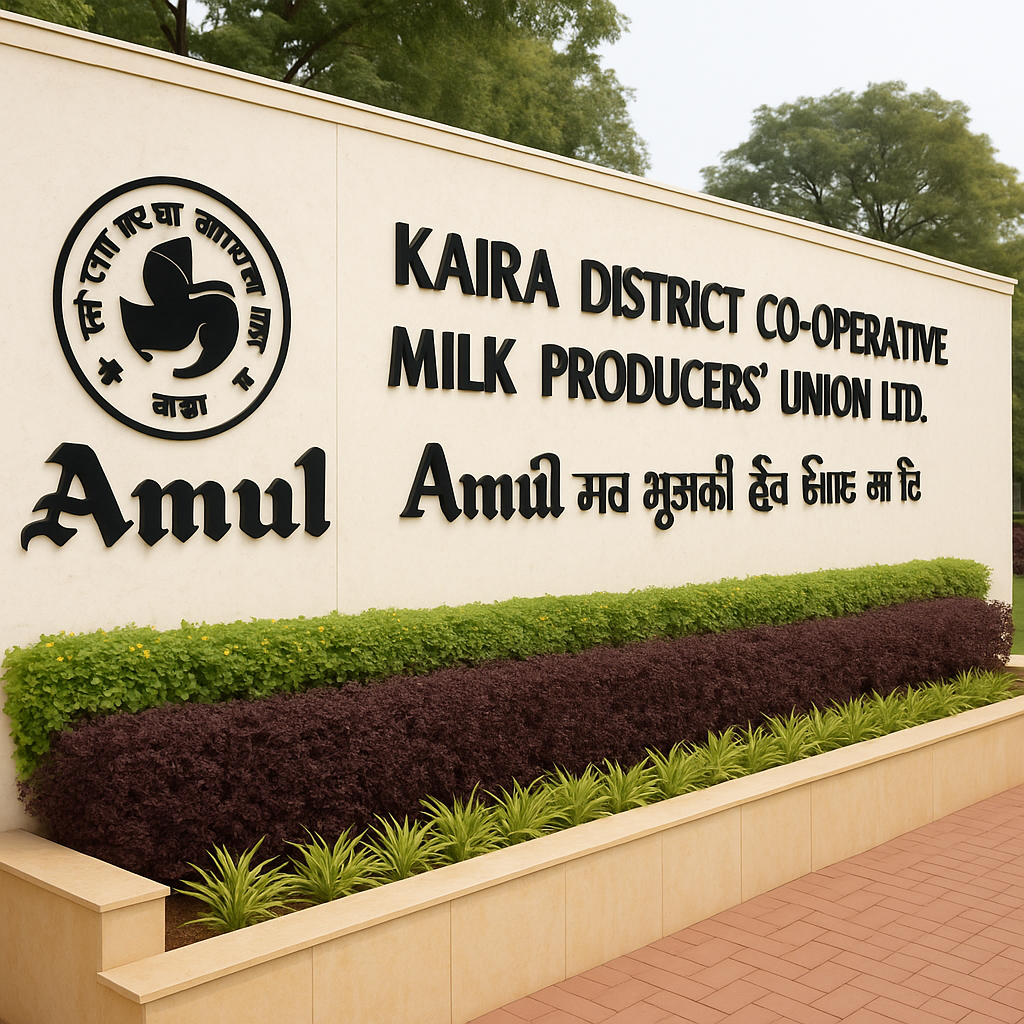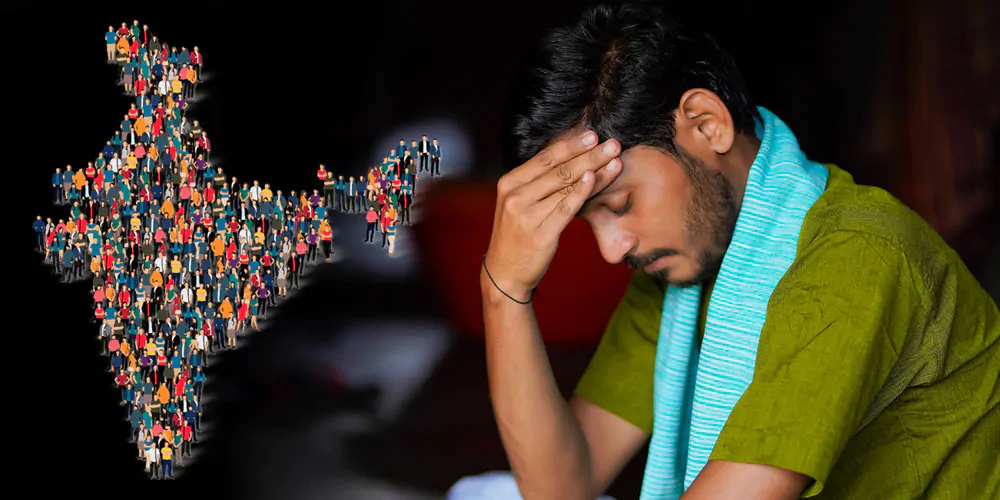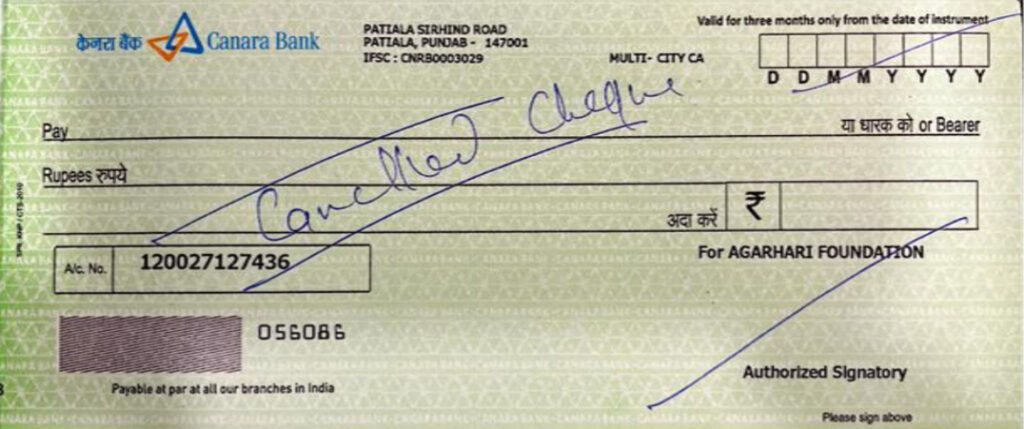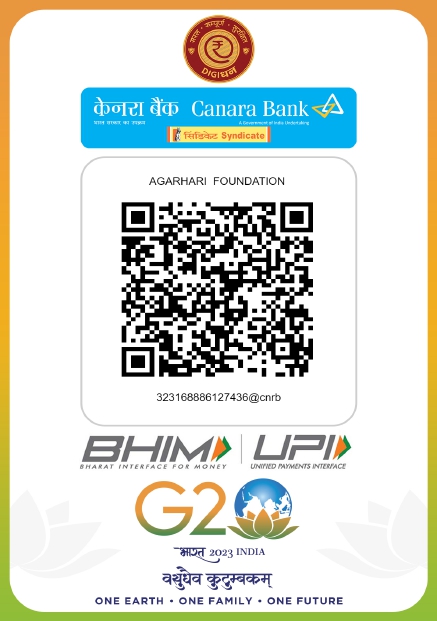Youth Empowerment Through Skill Development and Leadership in Good Governance Role of JK Jindal in Motivating Youth for Skill Development and LivelihoodJK Jindal, with his vast experience in business, entrepreneurship, and social welfare, serves as a source of inspiration for young individuals. His vision aligns with equipping the youth with relevant skills that lead to self-sufficiency, economic stability, and innovation. Through initiatives like entrepreneurship and skill development programs for 5,00,000 individuals, he is actively fostering an ecosystem where youth are not just job seekers but job creators. By emphasizing hands-on training, industry exposure, and mentorship, JK Jindal encourages young minds to explore fields like technology, sustainable agriculture, digital economy, and vocational trades, ensuring they contribute to both economic growth and social upliftment. Good Governance and the Leadership Role of Youth 1. Active Participation in Decision-MakingYouth must engage in policymaking, governance, and community leadership to ensure transparency and efficiency in administration. Their involvement in local governance, social movements, and digital advocacy can drive transformative changes. 2. Technology-Driven GovernanceIn today’s era, youth have the potential to integrate AI, blockchain, and data analytics to enhance governance mechanisms, ensuring accountability, quick service delivery, and reduced corruption in public administration. 3. Entrepreneurship and Economic GrowthYoung leaders should focus on fostering startups, MSMEs, and green businesses that promote sustainability and employment generation. Initiatives like skill-based startups and rural entrepreneurship models can bridge the gap between education and employment. 4. Social and Environmental LeadershipFrom climate action to healthcare reforms, youth can take charge by initiating projects that uplift underprivileged sections, promote clean energy, and drive educational reforms. Programs like Cancer Awareness & Early Detection led by Agarhari Foundation are examples of impactful youth-driven initiatives. 5. Ethical Leadership and IntegrityGood governance thrives on integrity, transparency, and ethical leadership. Youth must cultivate a sense of responsibility, community service, and national development to build a just and progressive society. ConclusionEmpowering youth through skill development and leadership in governance ensures a self-reliant, responsible, and visionary generation that can steer the nation toward economic prosperity and social transformation. JK Jindal’s initiatives in entrepreneurship and skill-building programs exemplify the roadmap for young individuals to take charge of their future while contributing to society. Jk Jindal CEO Agarhari Foundation
Amul: Social Enterprise Scalable Model of Farmer Empowerment and National Growth”
“From Grassroots to Greatness: Amul’s Journey of Empowering India’s Farmers”: Employment Generation and Market Leadership In a time of rising unemployment and rural distress, the dairy sector stands out as a key opportunity for inclusive job creation. According to R.S. Sodhi, Managing Director of Gujarat Co-operative Milk Marketing Federation Ltd. (Amul), the Indian dairy industry is poised to generate 1.2 crore new jobs over the next decade. India currently accounts for 21% of global milk production, with its domestic milk market growing at 5% annually, far surpassing the 1.8% global average. Despite its global potential, Amul has strategically chosen not to invest overseas, recognizing the immense opportunities and growth trajectory within India itself. The sector is expected to grow from $30 billion to $110 billion in the coming decade, underlining its transformative potential. Key Success Factors Three-Tier Cooperative Model: Empowering Farmers at the GrassrootsAmul’s robust cooperative framework—comprising village-level dairy societies, district unions, and state federations—empowers over 3 million farmers by giving them direct ownership and control. This model ensures that wealth creation is equitable and sustainable at the rural level. Iconic Branding: Relevance Through ConsistencyThe beloved “Amul Girl” has been a cultural touchstone for over five decades, keeping the brand visible and relevant through witty, socially aware campaigns that resonate with the public. Product Diversification: Catering to Every HouseholdFrom everyday essentials like milk and butter to premium offerings like lactose-free products and artisanal cheeses, Amul serves a diverse consumer base, helping the brand stay resilient amid changing market demands. Affordable Pricing: Inclusive QualityAmul’s pricing philosophy ensures that high-quality dairy products remain affordable across income groups. This commitment has helped it become a staple in millions of Indian households. Resilience and Adaptability: Navigating Change with StabilityWith a strong backend supply chain and community-driven approach, Amul has successfully navigated challenges such as fluctuating milk prices and evolving consumer behavior, maintaining a steady growth trajectory and exploring international expansion. Key Learnings from Amul Trust and Quality are Cornerstones: Amul’s credibility is built on decades of delivering consistent quality at fair prices. Innovation in Branding Sustains Engagement: Its dynamic yet consistent marketing strategy has made it both iconic and relatable. Empowerment Drives Scale: Amul proves that giving farmers ownership and agency can scale both social impact and business success.
FutureCraft: Building Livelihoods – Har Haath Project by Agarhari Foundation
In the face of growing inequality and unemployment, especially among rural and marginalized communities, social enterprises like FutureCraft are rewriting the story of grassroots empowerment. Launched under the Har Haath Ruzgar (Employment in Every Hand) initiative by the Agarhari Foundation, FutureCraft is a bold step toward transforming livelihoods through dignity-driven entrepreneurship. At its heart, FutureCraft is more than just a livelihood scheme—it’s a social movement designed to ignite economic independence among 300 micro-entrepreneurs across 30 cities in India. The beneficiaries—primarily distressed/widowed women, jobless youth, and marginal farmers—are not just handed tools; they are equipped with skills, confidence, and a platform to thrive. Through eco-friendly café kiosks and mobile food vans, these micro-entrepreneurs serve local communities with nutritious meals while promoting sustainable practices. Each unit sources fresh produce from nearby organic farms, ensuring farmers get fair compensation and consumers enjoy healthier food. This localized supply chain nurtures a circular economy that respects both people and the planet. But the true magic lies in the capacity-building approach. Every entrepreneur receives training in: Food safety and hygiene Digital payments and business management Customer relations and communication This hands-on skilling empowers them to run operations confidently, manage finances, and build long-term customer trust. The result? Each unit generates a monthly income of ₹18,000 to ₹25,000, bringing stability to families that were once financially vulnerable. Beyond direct beneficiaries, FutureCraft fuels a ripple effect—creating over 1,000 indirect jobs, enhancing rural-to-urban linkages, and delivering 450,000+ meals each month. It’s not just about food or finance—it’s about creating value and restoring dignity where it was once stripped away. The vision of the Agarhari Foundation is rooted in Atmanirbhar Bharat (Self-Reliant India) and inclusive progress. FutureCraft embodies this vision by marrying enterprise with empathy, sustainability with scalability, and impact with innovation. In a world seeking real solutions to unemployment and social disparity, FutureCraft stands out as a beacon of hope—a future where every hand is empowered to build a life of purpose, pride, and progress. Because when we invest in people, we don’t just create livelihoods—We craft futures. #FutureCraft #HarHaathRuzgar #AgarhariFoundation #SocialEntrepreneurship #WomenEmpowerment #YouthLivelihoods #GreenEnterprise #AtmanirbharBharat #BuildInIndia #SustainableLivelihoods





